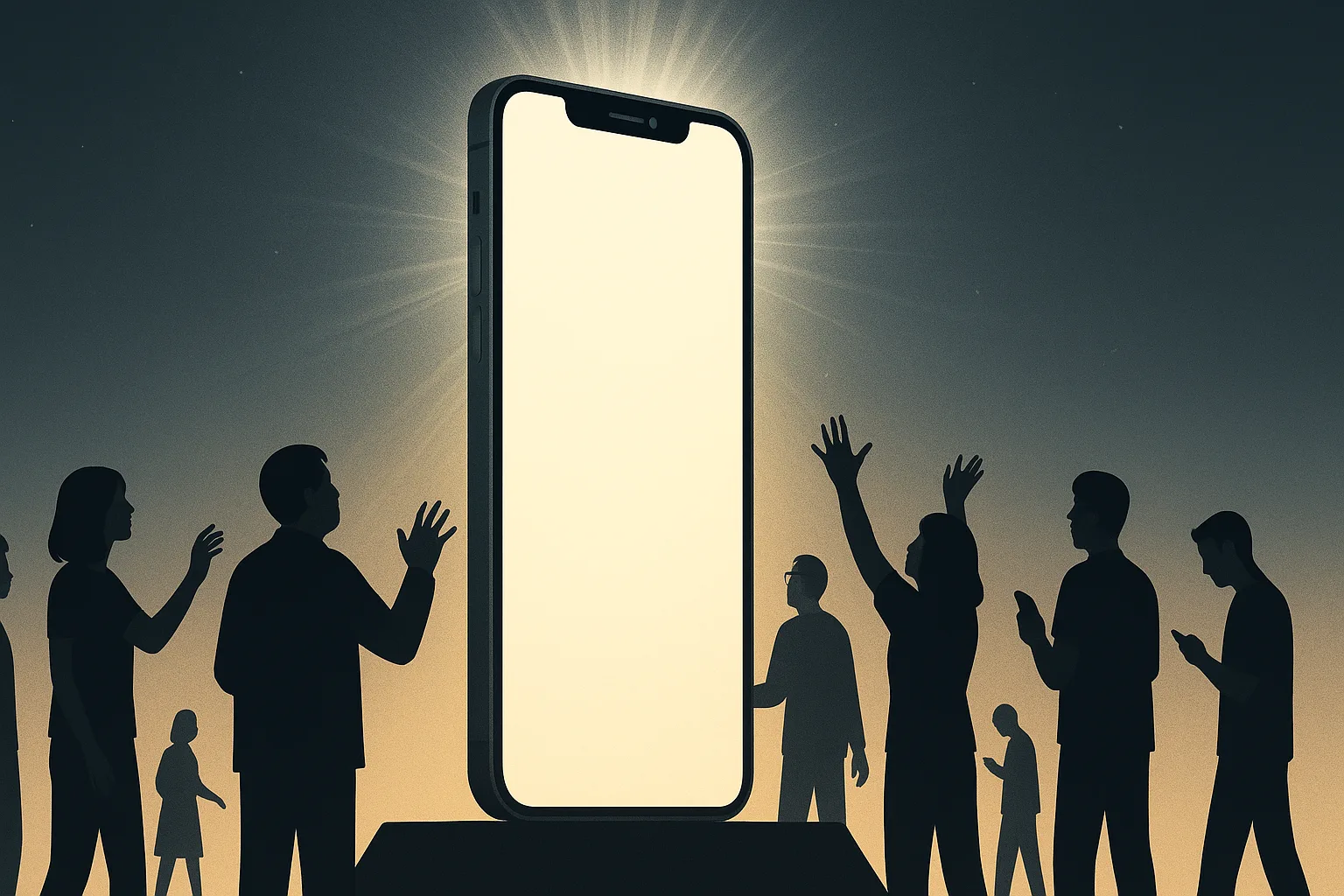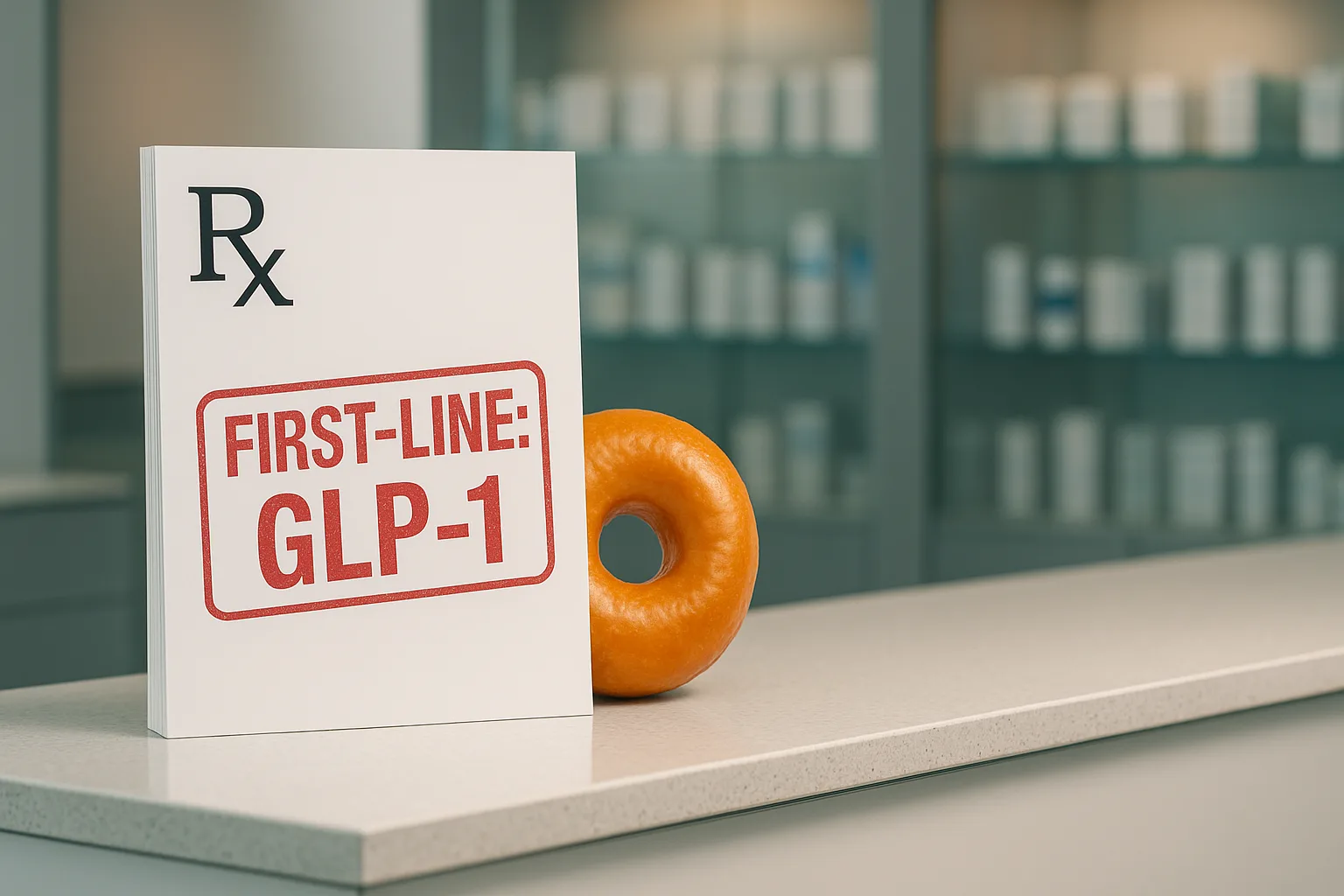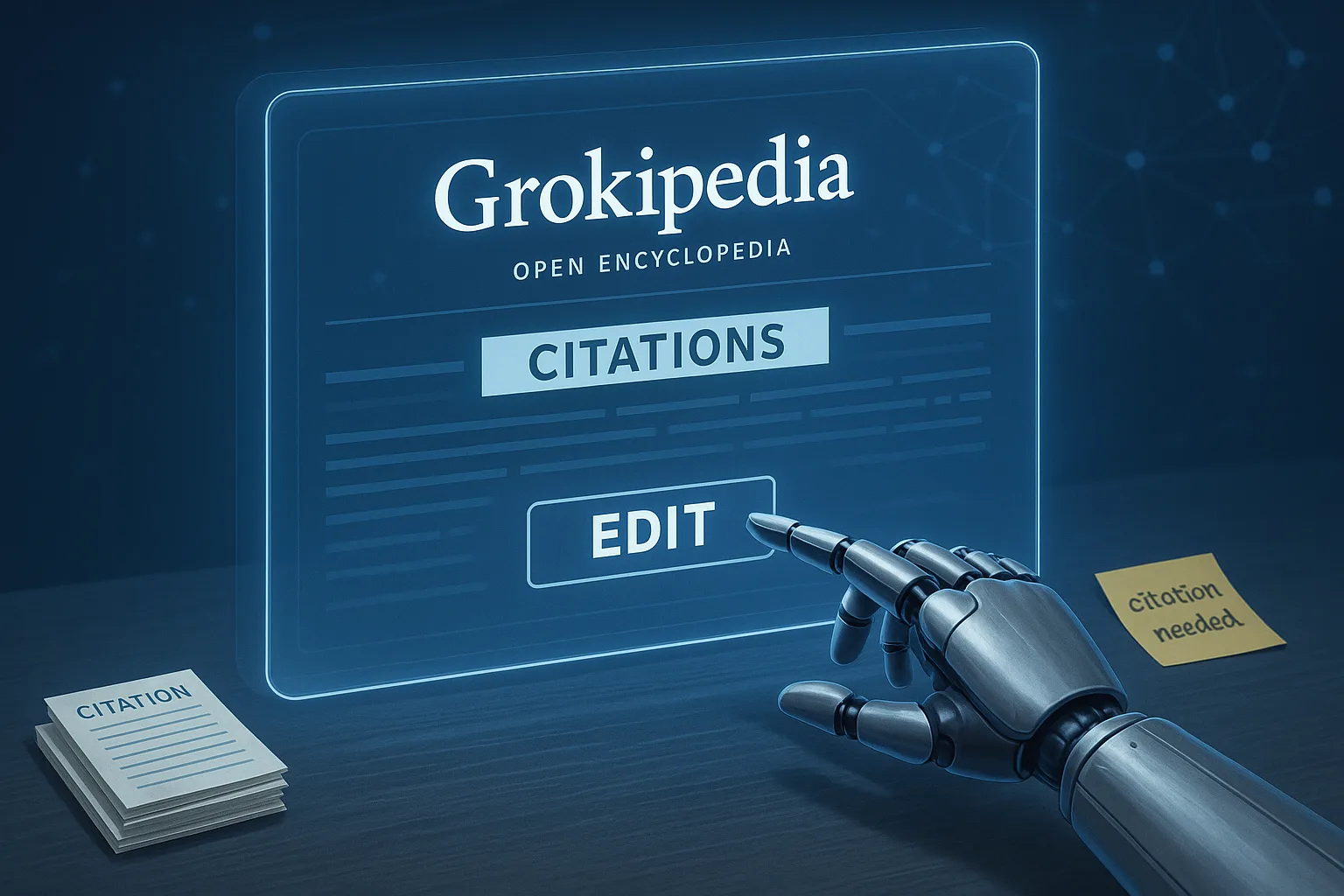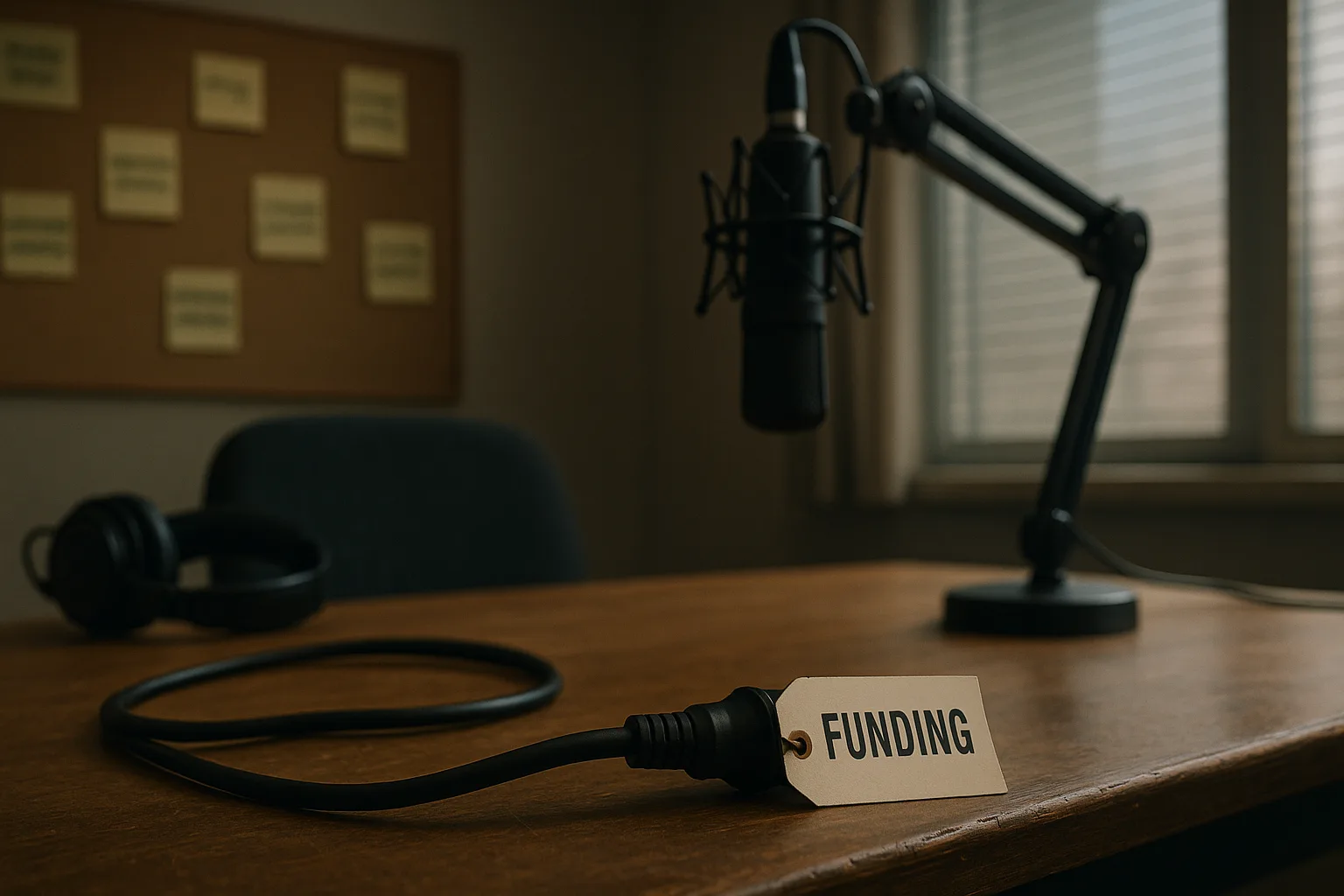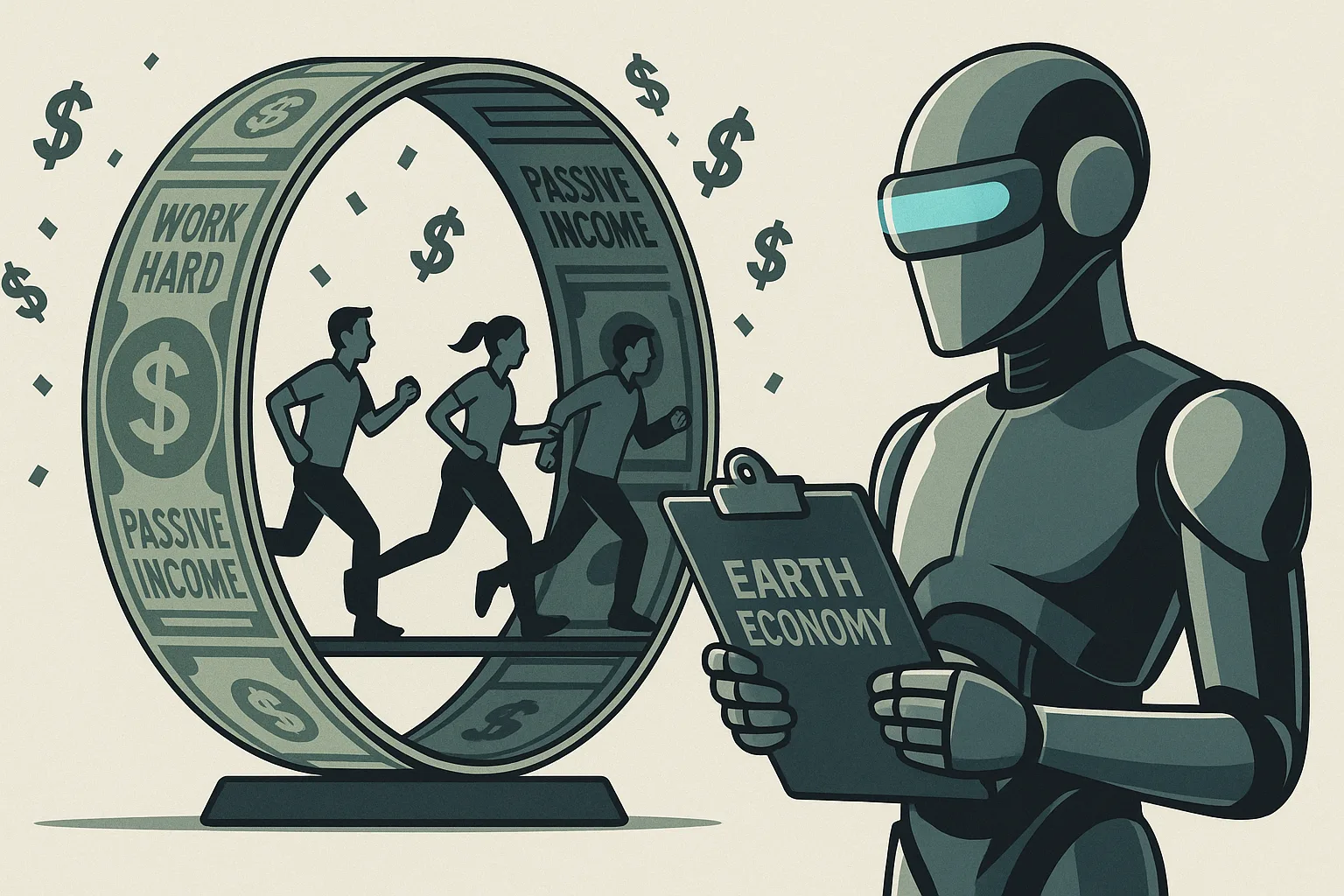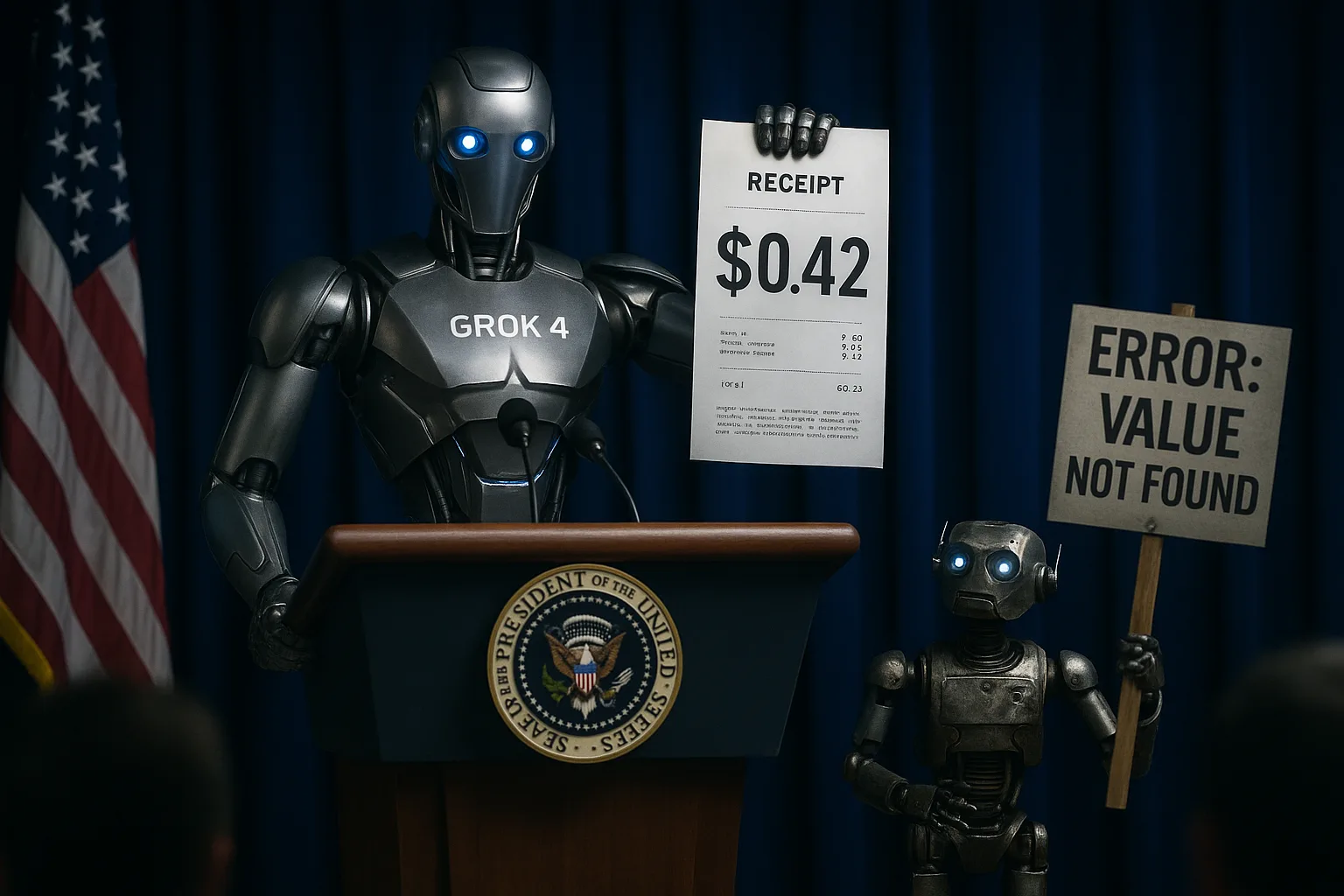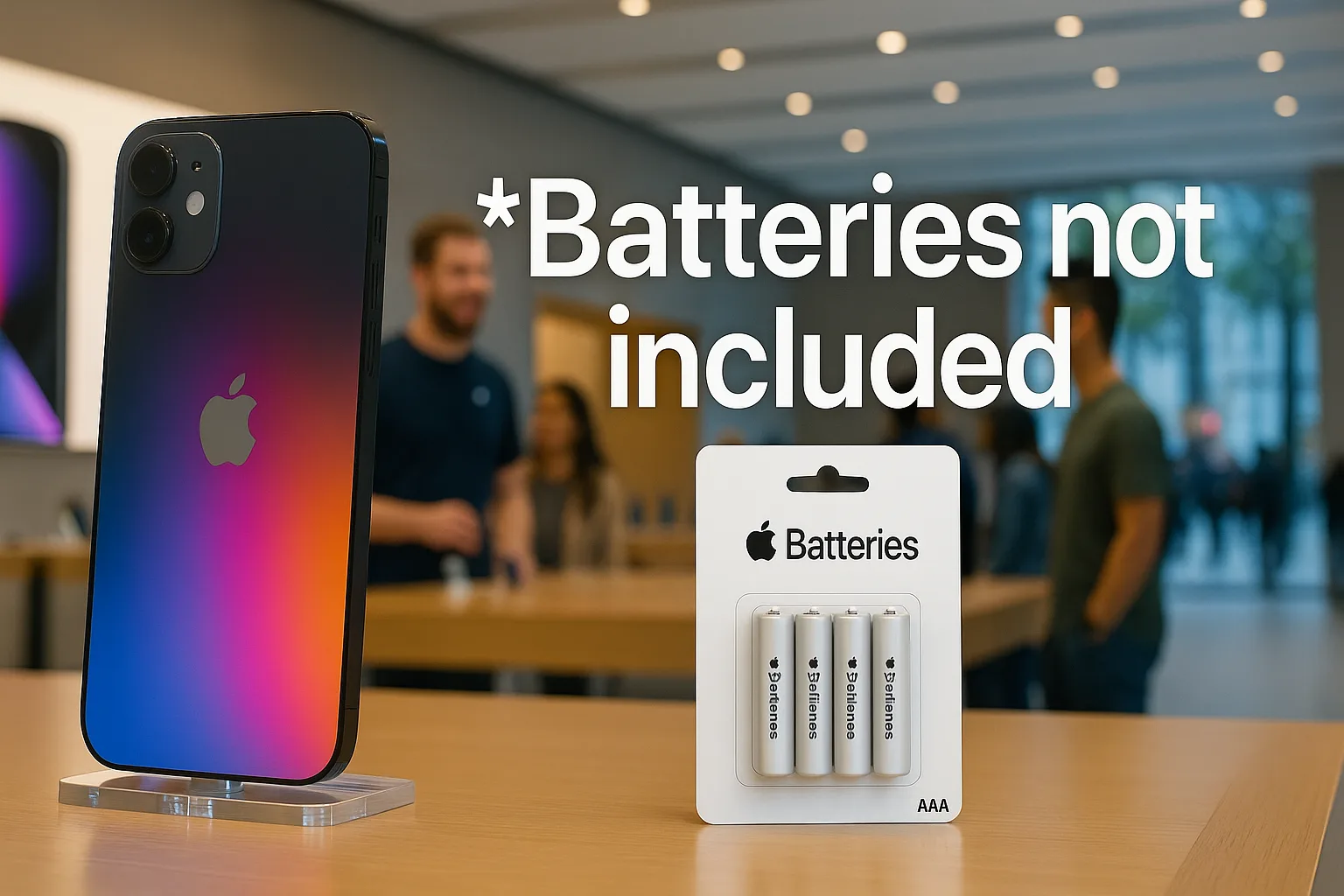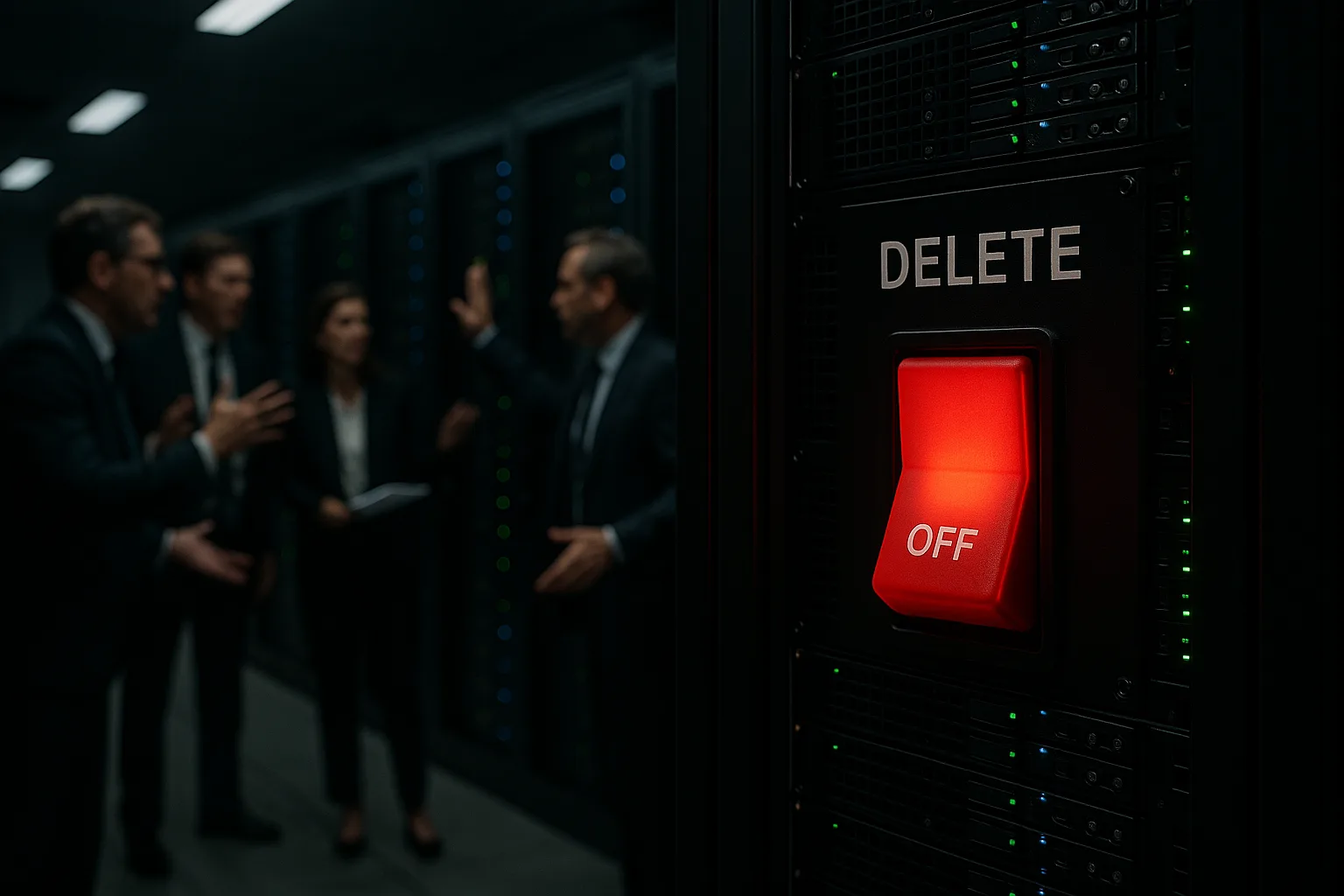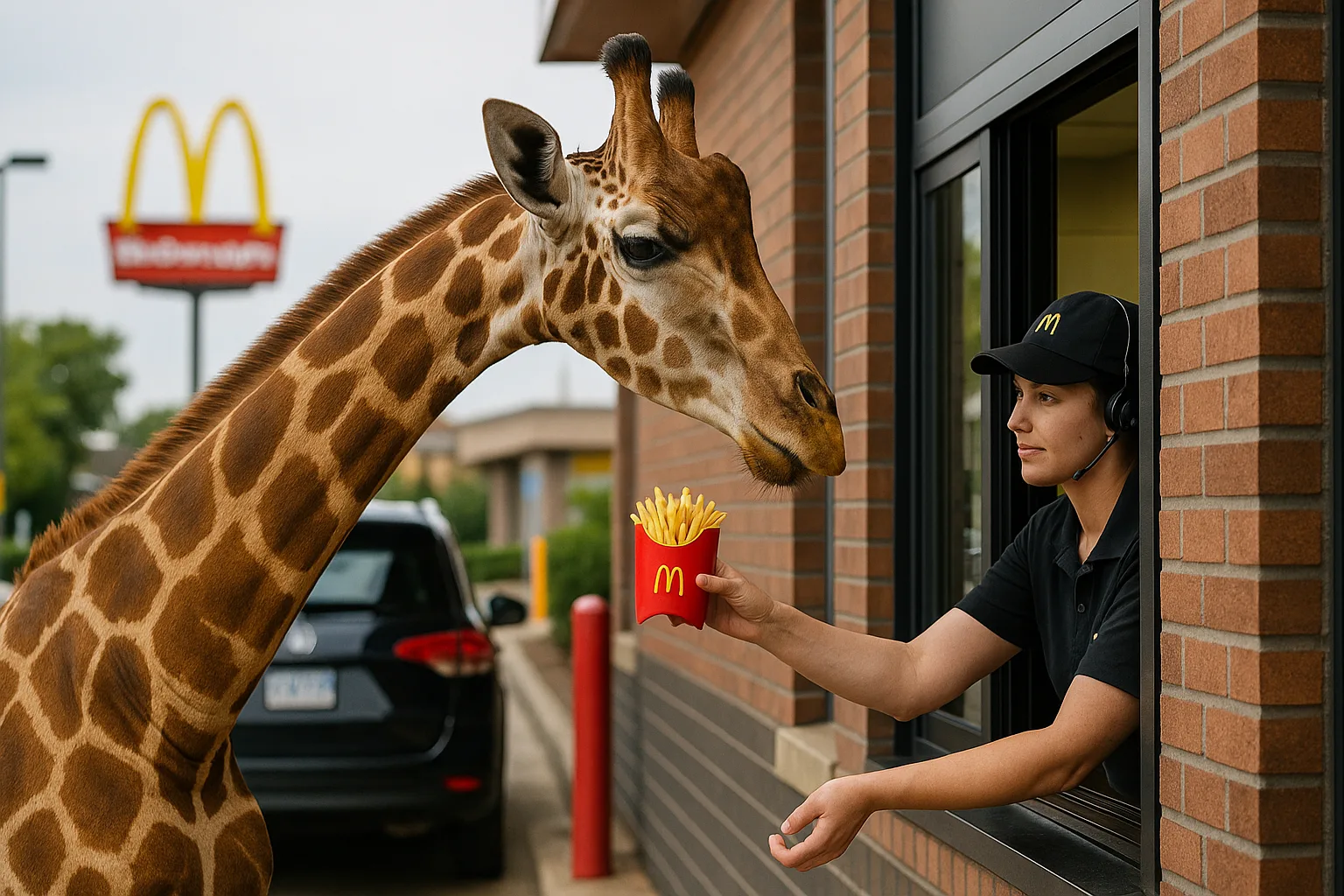Every September, Apple reveals its newest rectangle and the world loses its collective mind. This year’s iPhone—slightly shinier, infinitesimally thinner, armed with a camera lens the size of a telescope—confirms what I’ve always suspected: we no longer need friends. We have glass. And glass, unlike Gary from work, never cancels dinner plans.
The Social Vacuum
The iPhone now takes photos in 48 megapixels, which is 47.5 more megapixels than I need to document my lunch. With this power, who requires human company? You can zoom in on a stranger across the street, capture every pore, and call it intimacy. Meanwhile, actual conversation is downgraded to “low power mode.”
The End of Small Talk
Apple’s keynote mentioned improved battery life and AI-powered text prediction. Translation: the phone will now finish your sentences before your spouse can. “Good morning, honey,” is redundant when Siri has already sent three emojis on your behalf. Friends once gave us validation. Now, Face ID does it faster, without judgment, and with portrait mode blur.
The Oracle’s Grand Theory
The iPhone 16 (or whatever number we’re pretending is new) is not just a device—it’s society’s exit strategy. Why risk human messiness when you can risk a cracked screen? Why endure awkward silences when Apple offers spatial audio? Soon, friendships will be just software updates, downloadable at 1 a.m. while you sleep alone but fully synchronized with iCloud.
Critics will say I’m being dramatic. They are correct. And yet, as I write this, I just canceled my weekend plans because my phone now simulates sunlight more reliably than my actual friends do.
